A global attack on media
The freedom of expression and the freedom of the press are global values. And are under global attack. Independent media is being closed down by repressive regimes and a record tally of journalists are imprisoned, Arbetet Global has studied the developments in a number of leading nations.
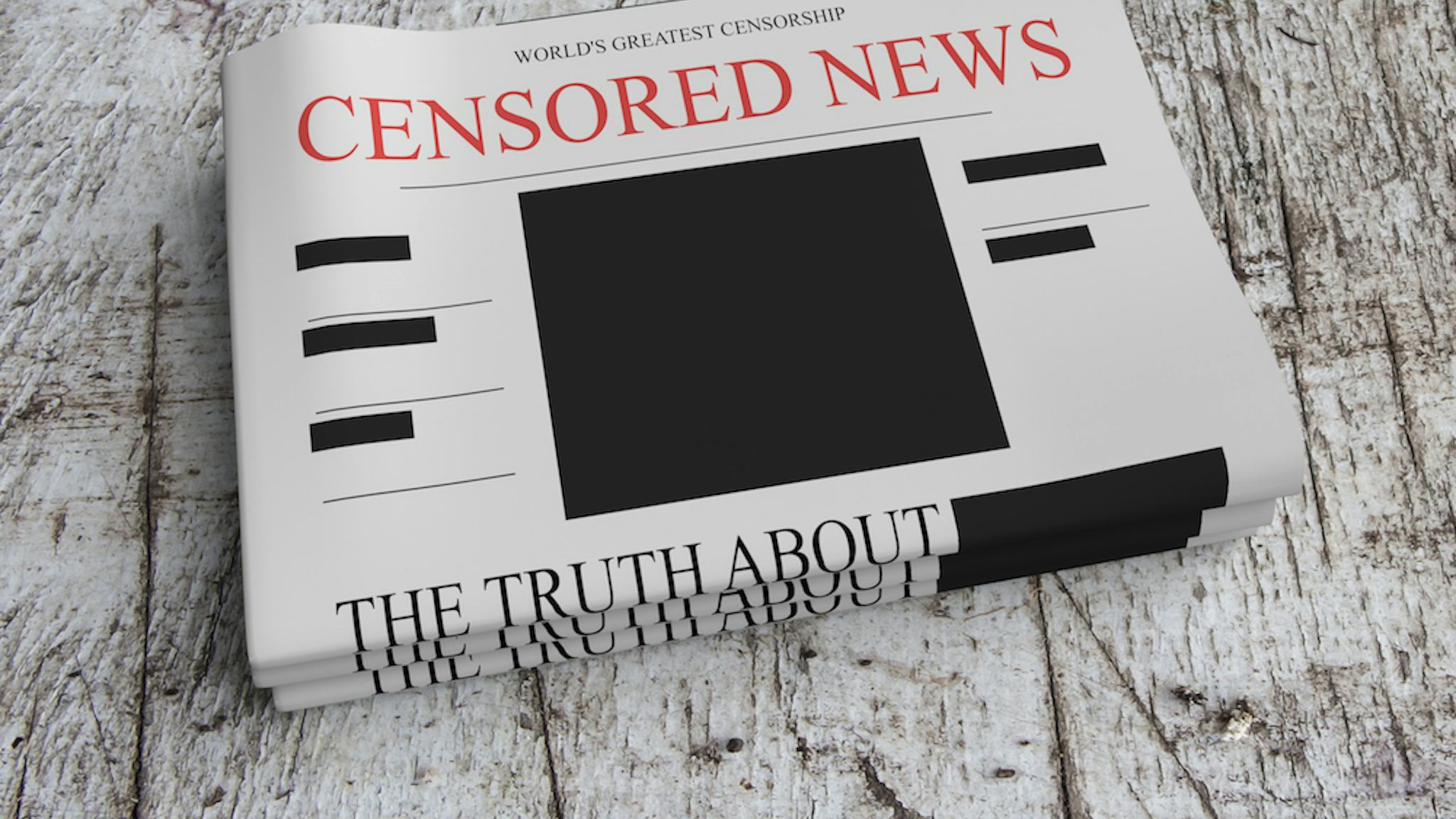
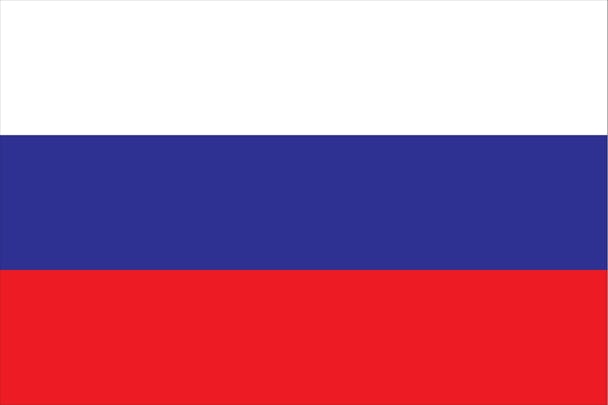
Putin: More laws, less Freedom
Russia, placed 148 in the Freedom of the Press index of 2017 (provided by Reporters without Borders): President Vladimir Putin and his government have a stronghold on the domestic media and are even trying to control what foreign media and social media express. It is extremely hard for journalists to investigate authorities.
In August this year, Putin signed two new laws that are designed to give the government control over the content suggested by Internet search engines, and to make it illegal for people to be anonymous online.
During recent years, among other actions, the independent TV station TV-2 was forced to close down, and the distribution of news publications with foreign European owners has been curtailed.
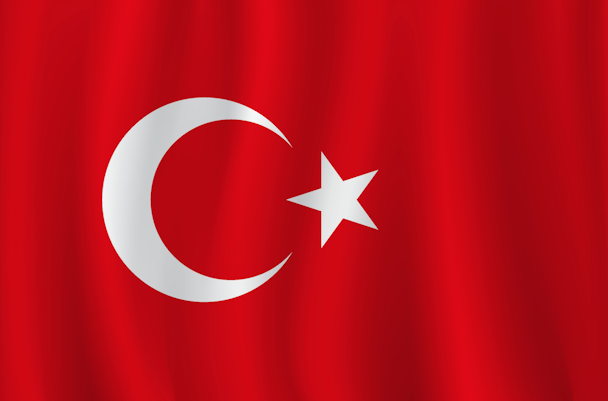
The Number One Imprisoner of Journalists
Turkey (placed 155): A witchhunt on journalists! That’s the way Reporters without Borders describes the situation on its international website. Turkey is the country that imprisons the highest number of journalists. Authorities have accused several media outlets and journalists of conspiring with terrorists, and have shut down dozens of outlets.
Around 200 journalists have been jailed since the attempted coup. Journalists have been persecuted further with cancelled passports and press IDs, as well as frozen resources.
The Turkish regime is trying to get the Swedish journalist Hamza Yalçin extradited from Spain after being arrested on a Turkish arrest order. Reporters without Borders have called for the Swedish government to take Turkey to the European Court in order to improve the situation for journalists in the country.
READ A thorn in the side of the regime
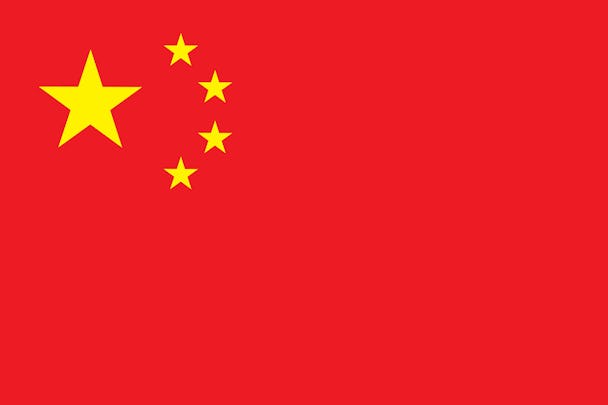
A Media Culture that includes Censorship
China (placed 176): Censorship in China is engrained in media culture. The country is one of the five worst in this respect, according to this year’s Freedom of the Press index.
Reporters without borders are critical of the surveillance of social media and blogs, and that journalists that express the slightest criticism of the government can be arrested or in other ways incur problems.
Despite China’s role as an economic superpower, businesses, private persons and the media do not have unlimited access to the Internet, for example, certain words are blocked in the search engines.
The Communist Party and its leadership have the media under strict supervision and have direct access to spreading their messages with the State TV-channel CCTV.
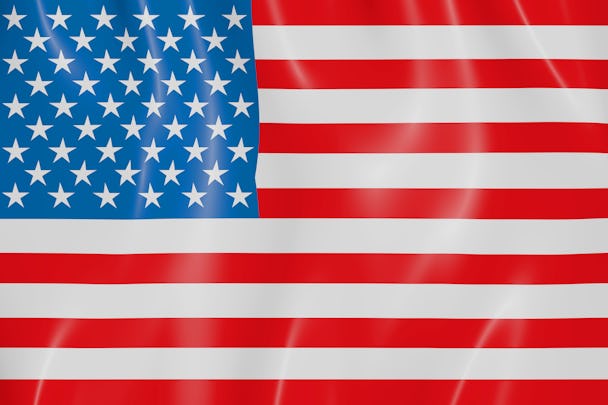
Trump portrays Media as the enemy of the People
USA (Place 43): While the freedom of the press has been part of the constitution since 1787, recent years has seen some erosion of its strength. President Donald Trump has publicly attacked media with accusations of spreading false news stories, adding that the media is an enemy of the American people. Furthermore, there is still no federal law that gives protection for American journalists to protect their sources and other confidential information.
This summer, Reporters without borders joined more than 20 other freedom of the press advocate organisations in order to document encroachments and excesses against the freedom of the press in the USA.
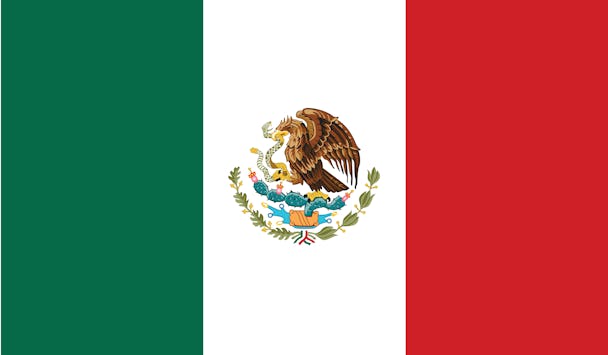
Targeting Reporters in Mexico
Mexico (Place 147): One of the most dangerous countries for journalists is Mexico. So far this year four journalists have been killed. Reporters are repeatedly targeted if they cover stories on organized crime or corruption. Most crimes against members of the press are not solved. It is also commonplace that criminals force journalists to take bribes.
Furthermore, most television journalism is controlled within two ownership structures. These factors lead to a self-censorship, particularly on stories related to narcotics and related violence, according to the organization Freedom House.








